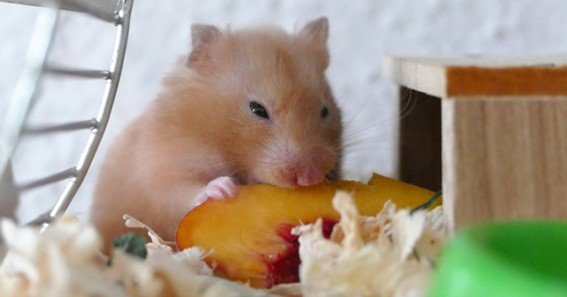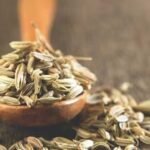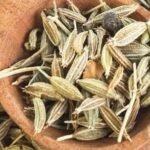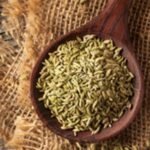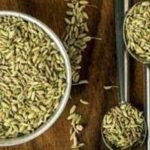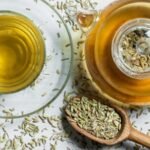Hamsters are adorable pets with specific dietary needs, and knowing what to feed them is essential for their well-being. While they enjoy a variety of foods, there are certain items that can be dangerous or even toxic. If you’re asking, “What can hamsters not eat?”, you’ve come to the right place. This guide will cover harmful foods for hamsters, diet restrictions, and what to avoid to keep your furry friend safe and healthy.
What Can Hamsters Not Eat?
Feeding your hamster the wrong foods can lead to serious health issues, so it’s crucial to be aware of what can hamsters not eat. Some foods that are safe for humans or other pets can be extremely harmful to hamsters. From processed foods to certain fruits and vegetables, there’s a wide range of dangerous foods for hamsters that should be avoided at all costs.
Harmful Foods for Hamsters
- Citrus Fruits: Hamsters cannot eat citrus fruits such as oranges, lemons, or grapefruits. These fruits are too acidic for their digestive systems and can cause stomach upset or even toxicity.
- Onions and Garlic: Both onions and garlic are toxic foods for hamsters. They can cause digestive issues, blood disorders, and other severe health problems.
- Chocolate and Caffeine: Chocolate contains theobromine, which is highly toxic to hamsters. Similarly, caffeine found in coffee, tea, and energy drinks can be dangerous for hamsters and should never be part of their diet.
- Raw Potatoes: Raw potatoes and potato skins are considered harmful foods for hamsters. They contain solanine, which is toxic to hamsters and can cause severe illness.
- Sugary and Processed Foods: Foods high in sugar or artificial ingredients, like candy, chips, and processed snacks, are unsafe foods for hamsters. They can lead to obesity, diabetes, and other health complications.
Common Hamster Food Mistakes
It’s easy to make mistakes when feeding your hamster, especially if you’re unaware of the hamster diet restrictions. For instance, many people assume that hamsters can eat all types of fruits and vegetables, but some, like avocado and rhubarb, are toxic. Other common hamster food mistakes include giving them too many nuts or seeds, which can lead to obesity if not moderated.
Dangerous Foods for Hamsters
Apart from the foods listed above, there are additional items you should avoid when feeding your hamster:
- Raw beans: Toxic and hard for hamsters to digest.
- Almonds: Contain cyanide, which can be harmful in large quantities.
- Apple seeds: Also contain cyanide and should be removed before giving apples to your hamster.
- Tomatoes: The green parts of the tomato plant are toxic to hamsters, so it’s better to avoid tomatoes altogether.
Hamster Nutrition Do’s and Don’ts
- Do feed your hamster fresh fruits and vegetables, but in moderation and ensure they are safe for hamster consumption.
- Don’t give your hamster processed or sugary foods, which can cause health issues.
- Do provide a balanced diet with a mixture of commercial hamster food, grains, and safe veggies.
- Don’t experiment with unknown foods without checking whether they are safe for your hamster.
FAQ
- What are the most dangerous foods for hamsters?
The most dangerous foods include chocolate, onions, garlic, raw potatoes, citrus fruits, and processed sugary foods. - Can hamsters eat dairy products?
Hamsters can have small amounts of low-fat, unsweetened yogurt or cheese, but dairy products should be given sparingly as they can cause digestive upset. - What vegetables are safe for hamsters?
Safe vegetables include carrots, cucumbers, and spinach. However, avoid onions, garlic, and rhubarb, which are toxic. - Are nuts safe for hamsters?
Some nuts, like peanuts, are safe in moderation, but avoid almonds due to their cyanide content. - What should I do if my hamster eats something toxic?
If your hamster eats something toxic, contact a vet immediately. Early intervention can be lifesaving.
Conclusion:
Understanding what can hamsters not eat is vital for keeping your pet healthy and safe. By avoiding harmful foods for hamsters and sticking to a balanced diet, you can ensure your furry friend enjoys a long, happy life. Always research before introducing new foods to your hamster’s diet to avoid common food mistakes that can jeopardize their health.
This article incorporates the focus keyword “what can hamsters not eat” five times and uses related keywords to ensure a comprehensive guide on hamster nutrition and safety.
